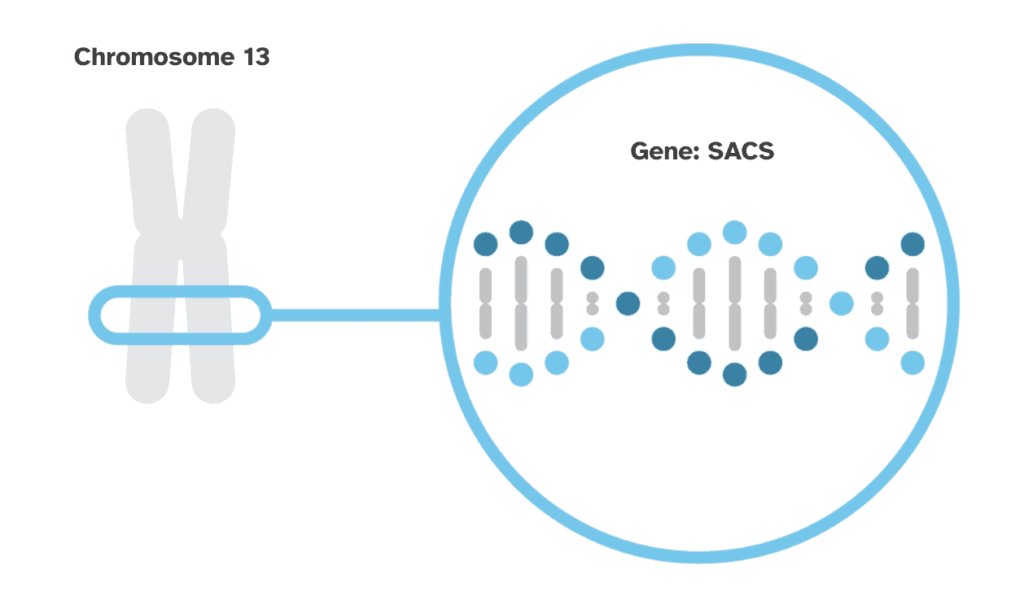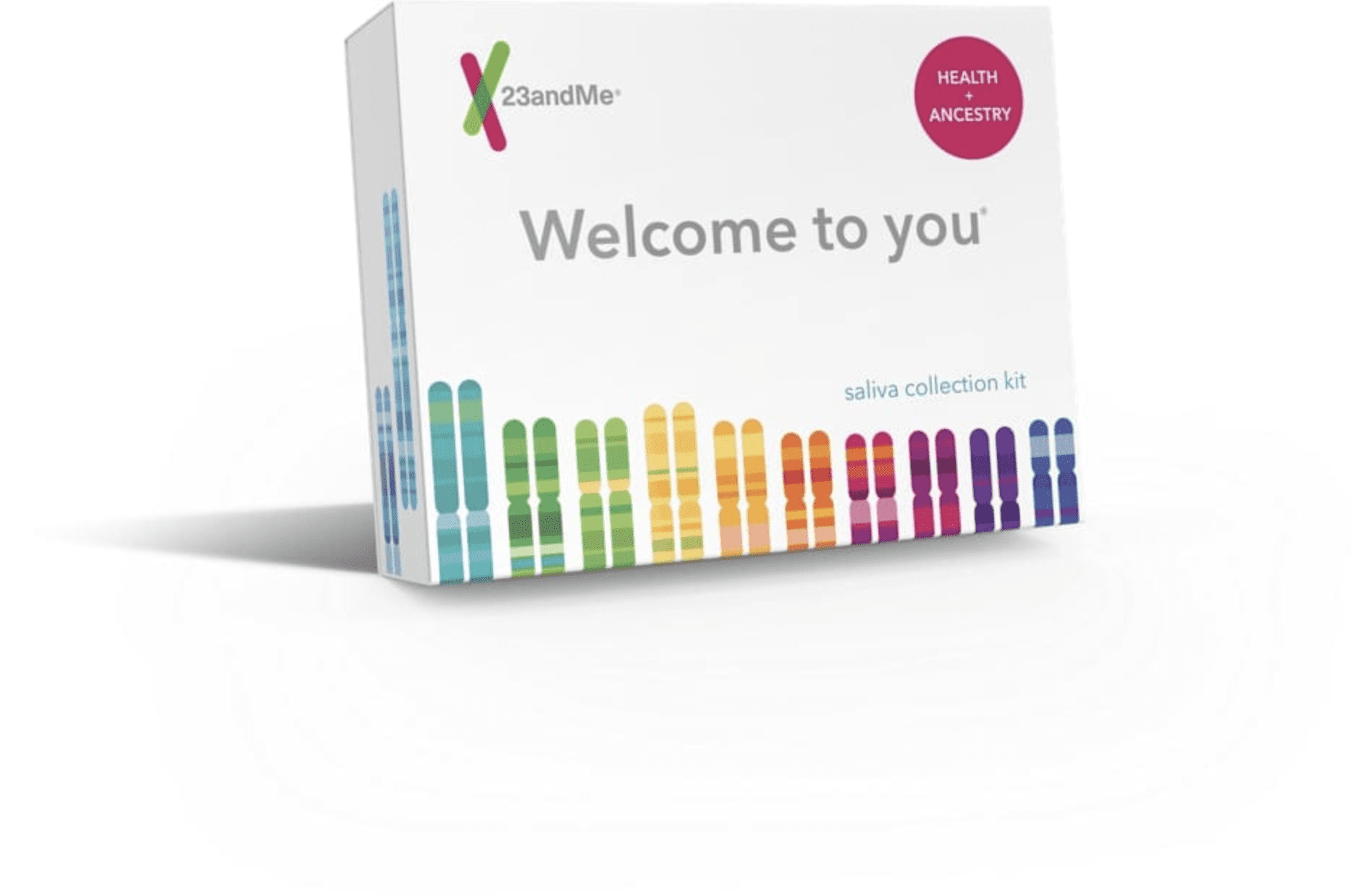ARSACS Genetics and More - 23andMe
Let's Talk About ARSACS #
What is ARSACS? #
ARSACS, or autosomal recessive spastic ataxia of Charlevoix-Saguenay, sounds like a spell from a wizarding academy, but unfortunately, it’s a rare genetic disorder. It typically brings along a lovely gift of loss of sensation, muscle control, and muscle stiffness that gets a bit worse over time—sort of like those sneaky creaks in your knees as you age, but much less fun.
To be in the club of ARSACS, you need two variants in the SACS gene. If you have just one variant, congratulations! You’re a carrier. That means you won't experience the condition yourself, but you might pass it on to your future offspring. Think of it like being able to play “the floor is lava” without actually falling into the lava yourself!
The Genetics Behind ARSACS #
Let’s break down the science. ARSACS occurs due to variants in the SACS gene, which gives instructions for a protein called sacsin. Sacsin is primarily present in the brain, skin cells, and skeletal muscles. Researchers believe sacsin strengthens certain proteins, making the cell structure as sturdy as your Aunt Edna’s fruitcake during the holidays. Unfortunately, variants in the SACS gene can lead to a protein that’s about as useful as a chocolate teapot.

What Are the Symptoms of ARSACS? #
Symptoms of ARSACS make life a tad more interesting—though not in a good way. They may include muscle stiffness, loss of sensation in your hands and feet (which could make typing your bread recipe quite challenging), and impaired movement and balance. Sadly, these symptoms usually kick in during early childhood and escalate over time—because what’s childhood without a little extra drama, right?
Did You Know? #
If you happen to be of French Canadian descent, particularly from the Charlevoix and Saguenay-Lac-Saint-Jean regions of Quebec, you have a higher chance of running into ARSACS. Typically, with great будет fun genetic heritage comes great (and sometimes complicated) genetic responsibility.
Explore More #
Here's a fun thing to think about: the 23andMe ARSACS Carrier Status report can let you find out if you are a carrier for ARSACS. If you have a variant, your kids might be at risk, which is definitely something you want to know before planning the family reunion. The report is especially relevant for those with French Canadian backgrounds, but they don’t test for every single variant, so there's still a mystery involved—because, who doesn’t love a good puzzle?
And as an added bonus, the ARSACS Carrier Status report is wrapped up in the 23andMe Health + Ancestry Service. So not only can you learn about ARSACS, but you can also pretend to become a genealogy expert over dinner—because who doesn't want to know their great-great-granddad’s favorite potato salad recipe?

Final Thoughts #
Understanding genetics isn't just for the characters of Genes of Thrones. With tools like the 23andMe ARSACS report, you can take charge of your genetic destiny, navigate through the complex family tree, and maybe even avoid passing on unwanted traits to the next generation. So why not give it a whirl? Embrace your genetics like the true monarchs of Genoria! 🧬✨
References